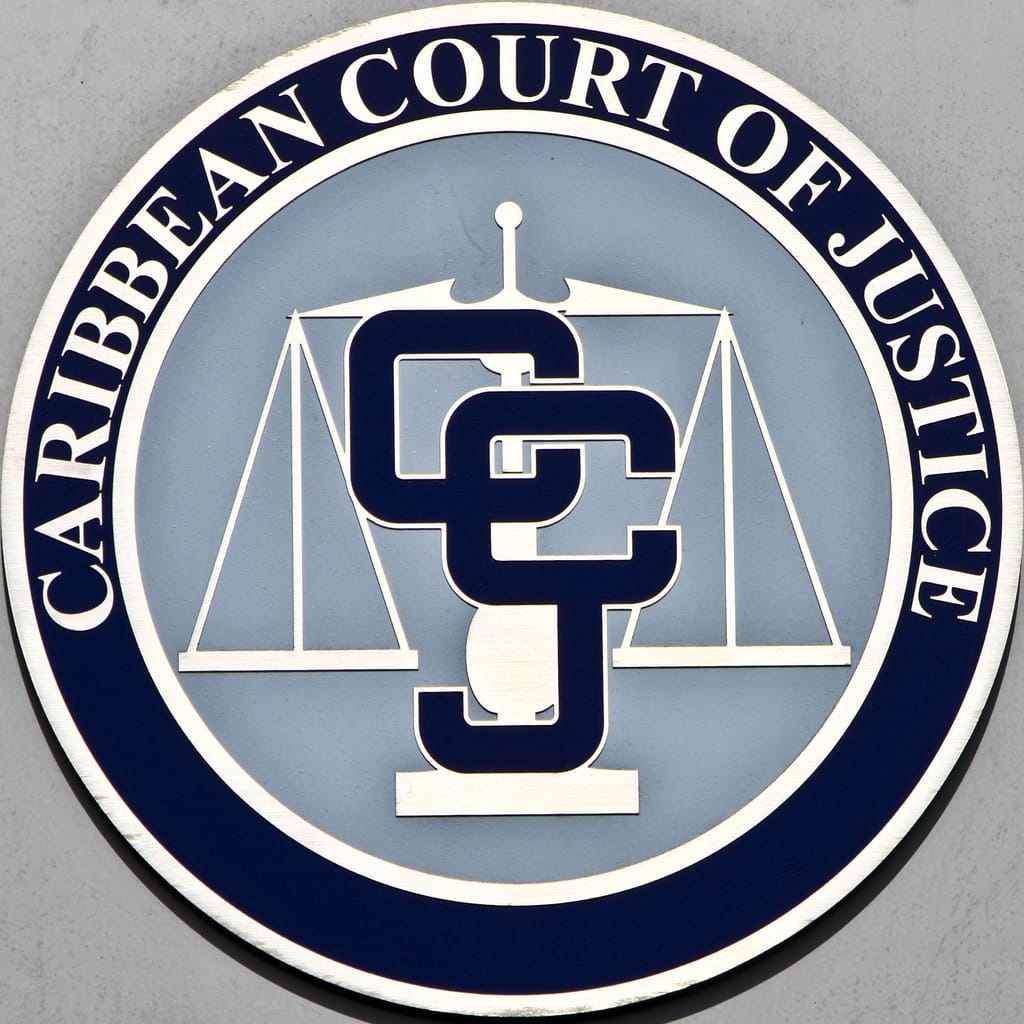
Newly appointed president of the Caribbean Court of Justice (CCJ), Adrian Saunders has expressed disappointment with the reluctance of the government of Trinidad and Tobago to have institution as its final court of appeal.
Saunders told reporters following a special sitting of the court on Friday that there is need for more public information , adding that he hopes more countries would take the step.
Justice Adrian Saunders – CCJ President
“That is a political process though but there are things we can do in order to assist that process.”
“One of those things is providing more information on the court, on what it does and about the processes we undertake and some of the cases we do. People can get a greater sense of confidence about the court and about our ability to be a protector of the rights of people and to serve the Caribbean public in promoting the rule of law and defending democratic values,” Saunders said, while admitting that in the past education programmes only targeted bar associations and professional organisations.
“I think we need to spend more time engaging with people on a broader or grassroots level.”
The CCJ President suggested that the court was considering using social media and mass communication methods to get its message across.
Saunders admitted that there was misinformation in the public domain about the court independence and ability.
“The Court actually has produced far more judgements for the four countries that are on board in the appellate jurisdiction than the Judicial Committee of the Privy Council has produced for the several other states that are still sending their final appeals to them.”
When asked if the court could handle an even larger case-load when more countries agree to sign on, he said yes noting that the CCJ has provisions for 10 judges, although it currently has seven.
Saunders took the oath of office recently, in Jamaica, ahead of the opening ceremony of the 39th Regular Meeting of the Conference of Heads of Government of CARICOM, before host Governor General Sir Patrick Allen.
Meanwhile Chief Justice Ivor Archie said the reluctance of the twin island republic to make the CCJ its final court of appeal is an embarrassment.
“I consider it a continuing embarrassment that as the seat of the court we do not yet access its appellate jurisdiction.”
Archie’s comments were supported by almost all the speakers who proceeded him including the Chief Justices of Barbados and Guyana and several senior regional attorneys.
Of the 12 Caricom nations which signed the treaty, only Barbados, Guyana, Belize and Dominica have made the move to have their criminal and civil appeals heard by the CCJ.
The CCJ still has exclusive jurisdiction to hear all cases involving the interpretation of treaties dealing with Caricom Single Market and Economy (CSME) for all 12 signatory states.
Advertise with the mоѕt vіѕіtеd nеwѕ ѕіtе іn Antigua!
We offer fully customizable and flexible digital marketing packages.
Contact us at [email protected]

















I don’t blamed Trinidad for making this decision. The CCJ is not for the poor back men and women. It is for the rich blacks. The Caribbean islands need the Privy Council as a last court.
We in Antigua and Barbuda will vote NO!! So get your other box of tissues ready Mr. Saunders.
Comments are closed.